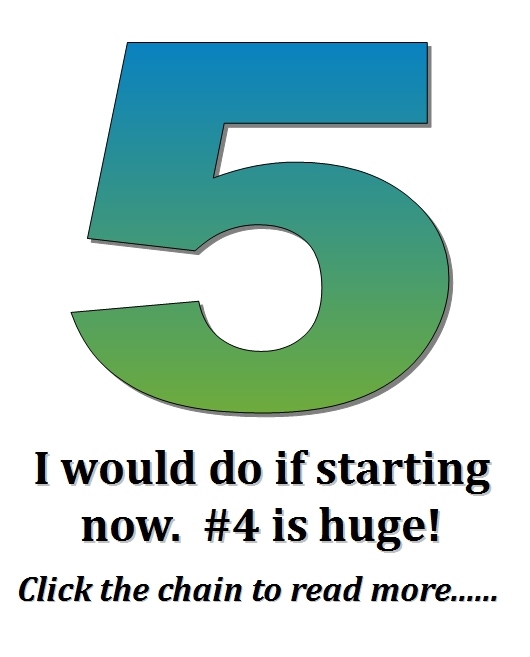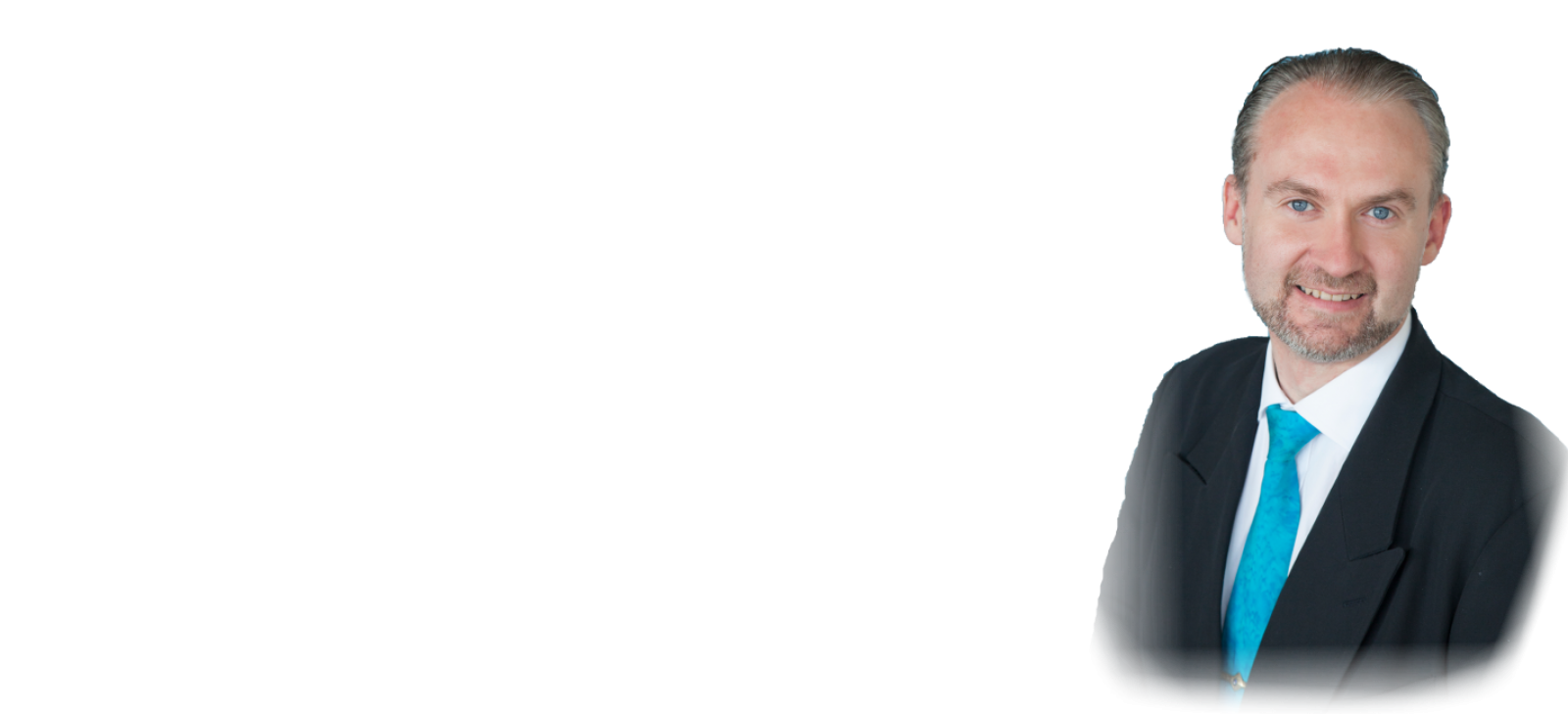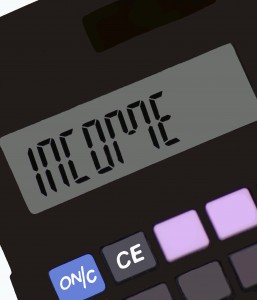
A lot of people have asked me to show them what I did that got my practice booked out within a couple of years. The truth is, I’d never want any therapist or coach to go through what I had to do to build that, because most of what I did was the wrong stuff – I just learned from it and adjusted as I went. It was a steep learning curve full of stress and costing a lot of money. Looking back, if I could have done only the stuff that I found worked best, it would be completely different, and would have been a much easier journey.
So, here are the top 5 things I’d do if I was opening a therapy or coaching business today:
1. I’d have an official launch. Even if I’d been operational in some form for years, I’d still have an ‘official launch’. Put out a press release talking about what you do and who it would help. Put it on Facebook; Twitter; do a video of it for YouTube; put it in as many local Newspapers as you can get it into; and send it to local radio stations too. Anywhere that might print, share or read out, should get a copy. This will generate publicity and could kick your profile up a notch and reach people who might not have come across you. Only a few will use it, but it all helps. People need to hear about you before they can get help. Make it easy to hear about you.
2. I’d get clear on what the first 3 things I want to help people with are, and I’d write a number of posts on each so I could stay focused on a core group of topics for a few months. Resisting the urge to talk about many different things is a vital step, as people are easily confused and, perhaps surprisingly, the longer your list, the less credible you seem. Stay on your key message – at most 3 aspects of what you do at any one time. People need to see the same issue talked about in different ways to really connect with it. Stay on target.
3. I’d put most of my efforts into writing long posts about what I help and who I help, and I’d post them on a Facebook Business page. I’d boost those posts for $10 a day. This would be my only ongoing advertising. I’d only do occasional newspaper advertising for special occasions such as World Mental Health day or similar on-topic opportunities. Facebook has proven to be the biggest, easiest and cheapest way to fill my clinic. It’s where our clients are, speak to them there as it’s where they spend time.
4. I’d copy what I write for Facebook on a blog on my website. It really pushed me up the rankings on Google when I did. All the right content was now on my website and in volume. No SEO gimmicks, just regular, value content, on-topic has put me on the 1st page of searches for what I do in my area, and it’s free as well as easy since I’d already written the stuff for my Facebook page. It’s 2 minutes to copy and paste it to my blog and it does the rest for free. It made it a lot easier for people to find me.
5. I’d make sure my budget worked. My income has to be enough to cover office rent, advertising, other business expenses and leave enough to live on. I’d calculate how many clients I can see comfortably each week, I’d allow for a couple of no-shows, and then I’d check that my fees actually covered what was needed. Unless you charge enough to keep going, then all your efforts are wasted. Everybody loses if you are forced to get a day-job just to survive, rather than being able to keep helping people.
And here are 5 things I’d avoid doing:
1. Advertise in local directories – Doctors, Health centres, Shopping centre booklets, all that sort of thing. Very poor return on effort and money, but they are very well sold. They will use phrases like “only one of each business will be listed and you were mentioned several times by name” to try to convince you. This type of advertising simply doesn’t have the reach you need.
 2. Spend money on flyers – too expensive and little use, but something we often tend to do. I think part of that is because we understand the process, it’s physical and tangible and something that looks like we are doing something worthwhile to promote ourselves so it’s comforting to put time into it – it feels useful, but it’s a low level return for the time and money involved and it takes a lot more effort to actually get the flyers out where people can see them in good numbers.
2. Spend money on flyers – too expensive and little use, but something we often tend to do. I think part of that is because we understand the process, it’s physical and tangible and something that looks like we are doing something worthwhile to promote ourselves so it’s comforting to put time into it – it feels useful, but it’s a low level return for the time and money involved and it takes a lot more effort to actually get the flyers out where people can see them in good numbers.
3. Use Google Adwords – it’s complex and a hard-to-control expenditure. I see a lot of people using them, but hear of few therapists finding them useful. My own experience with this was very frustrating and not at all cost effective. If you’re trained in Adwords they can be great, but they’re not for the amateur. Save your money and put it somewhere easier and more successful.
4. Being on too many social media outlets. We are told we need to be everywhere, but the people telling us this are people who don’t understand our work. Be on a couple at most is my advice. Trying to be on Facebook, Twitter, Linkedin, YouTube, Instagram, Pinterest, Vimeo, Tumbler, etc. is a huge waste of time. We can get booked out just by using Facebook well, so my advice is: don’t spread yourself too thin, use the easy one and only be on anything else if you have extra space to fill in your diary as time goes on.
5. Hoping things will improve – I needed to make a plan and stick to it. Instead I spent way too much time hoping for improvement rather than creating what I wanted. We seem to be a hopeful lot, and at times that holds us back from creating the situation that would see us busy. Make a plan, Implement it! Don’t just wait for success to happen by accident. What would you say to a client who said they weren’t going to deal with their issue but just hope it went away? We should be taking our own advice 
The bottom line is, success doesn’t happen by accident. We have to do stuff and learn as we go, but at the start, some things clearly work way better than others. Learn from my costly and time consuming mistakes! Now, I’m successful because I do the stuff that has worked and which is continuing to work.
The goal should be to get busy fast, and then to make life easier by spending less time looking for clients and more time helping clients. Having a plan with the right options identified at the start, makes this a lot easier.
Hope you keep sharing your help.
Have a great week,
John Prendergast
A happily Booked-Out Therapist
Founder of Therapy and Coaching Success




